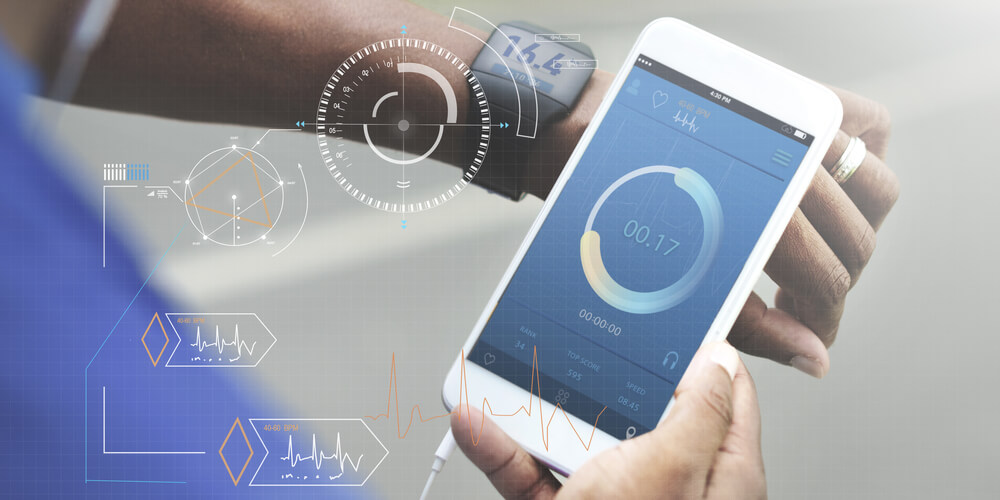



Get new exclusive access to healthcare business reports & breaking news




Binah.ai, an Israel-based provider of video health and wellness monitoring technology, has received $13.5 million in the second round of financing. The second round of financing was led by Maverick Ventures Israel, and other investors included iAngels, Esplanade Ventures, GiTV, and Sompo.
The Tel Aviv-based Binah.ai utilizes AI and signal processing, allowing users to extract vital sign data including oxygen saturation, heart rate, and respiration rate with extremely high accuracy.
Binah.ai’s digital healthcare and wellness platform can transform any mobile device with a camera into a vital signs monitoring device. Binah.ai’s app is currently available in English, French, German, Italian, Arabic, Hebrew, Chinese, Indonesian, Japanese, Russian, Portuguese, and Spanish. Other languages are available upon request.
The platform eliminates the need for wearables; rather, it provides vital sign data with medical-grade accuracy with an array of technologies. These include AI and signal processing tech like machine vision and machine learning, combined with a proprietary mathematical back-end. This enables users to access a huge set of vital signs based on the analysis of a video. The platform can also analyze mental stress.
Binah.ai’s award-winning technology applies a blend of AI technologies and signal processing, used with a proprietary mathematical back-end processor. The processor analyzes the video of the skin around the upper cheek. Using the extracted photoplethysmogram signal, the app can calculate heart rate, oxygen saturation, and respiratory rate. Mental stress measurements are extracted using heart rate variability, which is calculated based on the heart rate.
Photoplethysmography is an inexpensive and non-invasive technique used to detect changes in blood volume within the bed of microvascular tissue at the surface of the skin. This technology is also used in smartwatches. Binah.ai’s technology uses it to calculate the changes in green, red, and blue light reflecting from the skin, then measuring the contrast between diffused reflection and specular reflection. Diffused reflection is what remains after the absorption and scattering of light in the skin, which varies with changes in blood volume. Specular reflection is the pure light reflected from the skin.
In response to the global COVID-19 pandemic, Binah.ai has launched the Back to Work app. This puts into the hands of any business or organization an easy-to-use and fully customizable vital signs monitoring application, allowing them to remotely gauge the health of employees and customers. The app calculates the final result based on pre-set company policies, and then either grants or denies employees access to their workplace. The system can automatically send a notification to employees working near anyone that has been denied entry. The receptionist can monitor employees and visitors alike, sending app invites to employees and visitors. Users can also pre-set a test reminder for more efficient usage.
Using the camera on a smartphone or tablet, the app can gauge such things as heart and respiration rates and oxygen saturation with medical-grade accuracy in just 30 seconds. A business or organization can require their employees to use this health monitoring tool for the protection of themselves and others. The Back to Work app includes a complete management system allowing a business or organization to customize the app.
Connected to a FLIR thermal camera placed at the entrance, a tablet with the app can measure someone’s body temperature in just 2-5 seconds, displaying the results on the screen. This can be followed by a 30-second vital sign screening. The entire scanning process is completely contactless, meaning no human interaction is involved at all. Visitors and customers can also be sent a link to download the app before visiting your business, or they can scan a QR code. There is no need to allow anyone with a possible health condition into your building during this unprecedented time.